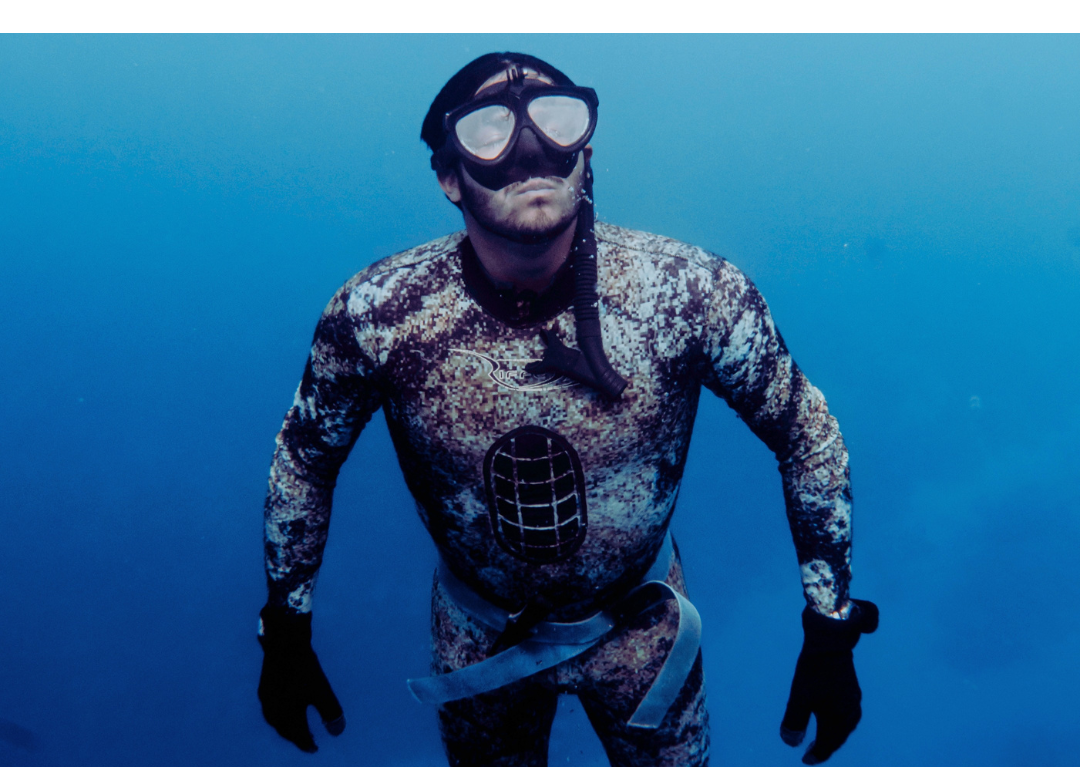Deep News
- All
- acoustic modeling
- Advanced Open Water
- advantages for life
- adventure
- Adventure Diver
- AED
- AIDA
- Algae Bloom
- Anacapa Island
- apnea
- Astronomy
- awareness
- beach blanket bingo
- breath hold
- buoyancy
- California
- California lobster
- cardiac health
- catalina
- catching fish
- CDFW
- cell phone
- Channel Islands
- children scuba divers
- CMAS
- colds
- comfortable and confident
- Con Ed
- confidence
- connection
- conservation
- coronavirus
- covid-19
- CPR
- curiosity
- damage
- DAN
- deep-sea mining
- dehydration
- Dive careers
- dive computer
- dive destinations
- Dive Innovation
- dive local
- Dive Smart
- dive training
- dive travel
- divemaster
- divers
- Divers Alert Network
- diving
- Diving competence
- diving for lobster
- Diving safety
- diving skills
- Diving Wonders
- dolphins
- dream job
- Drowning
- drysuit
- drysuits
- EANx
- Economic Uncertainty
- EFR
- EFR Instructor
- Emergency
- enriched air
- enriched air diving
- Entertainment Industry
- Environmental stewardship
- excellence
- exposure suits
- fail
- family dive vacation
- fear
- female divers
- First Aid
- Fishing license
- fitness
- flu
- free diving
- freedivers
- freediving
- Freediving competitions
- FreedivingTips
- giant sea bass
- Gidget
- hawaii
- health
- heart
- heat loss
- hooded vests
- humpback whales
- hypothermia
- IDC
- immersion diuresis
- improve mental and physical health
- independence
- Instructor
- iphone®
- iphone® housing
- kelp
- krill
- lancetfish
- learn to dive
- Learning to dive
- Lloyd Bridges
- lobster
- lobster report card
- male divers
- Malibu
- Malibu beaches
- Mariana Trench
- marine biology
- marine ecosystems
- Marine Life
- mercury
- Mike Nelson
- Mount Wilson Observatory
- MPA
- nitrox
- No decompression sickness
- ocean
- ocean adventures
- Ocean Geology
- OceanExploration
- octopus
- odor
- oldest human remains
- Open-mindedness
- pacemaker
- PADI
- PADI Rescue
- passion
- Peace Dive Boat
- Peak Performance Buoyancy
- pee
- performance
- Personal growth
- Point Dume Marine Reserve
- precautions
- prepared diver
- Preservation
- Private beach ownership
- professional diver
- professional scuba diver
- protect
- Public beach access
- Quora Questions
- reactivate
- real-time whale detection
- red tide
- referral
- repetitive dives
- Rescue
- Rescue Diver
- safe fish
- safe to eat
- Safety
- Santa Rosa Island
- science
- scientific research
- SCUBA
- Scuba diving
- scuba diving health
- scuba diving safety
- scuba equipment
- scuba gear
- SCUBA lessons
- scuba safety
- Sea Hunt Legacy
- Sea lions
- sealife cameras
- Shared experiences
- spiny lobster
- SportDiver housing
- stroke
- summer vacation
- sunfish
- Tectonic Plate Exploration
- teenagers
- training
- travel
- Travel Dive Gear
- try freediving
- try scuba diving
- tune-up
- underwater exploration
- underwater housing
- underwater imaging
- underwater photography
- underwater videography
- underwatercameras
- unrealistic expectations
- urinate
- Veganism
- Waterproof
- wetsuit
- wetsuit shampoo
- whale safety
- whales
- women
- women divers
- wreck
- XCEL
Heat Loss in Diving: Understanding the Importance of Slowing Down
Diving can be dangerous if proper precautions are not taken, especially with regards to heat loss in cold water. Hypothermia is a medical condition that occurs when a person's body loses heat faster than it can produce it, causing a dangerously low body temperature. To avoid hypothermia, it's important to have proper gear such as a wetsuit, hood, gloves, and boots to protect your body and keep you warm. The 50/50/50 rule states that a person has a 50% chance of survival for 50 minutes in 50°F water, highlighting the dangers of cold water exposure. Water's high heat capacity and retention characteristics can quickly affect a person's body temperature, so it's important to be aware of the water temperature and choose the appropriate gear. Stay warm and safe by having the right gear, understanding the 50/50/50 rule, and being aware of water's heat capacity and retention.


